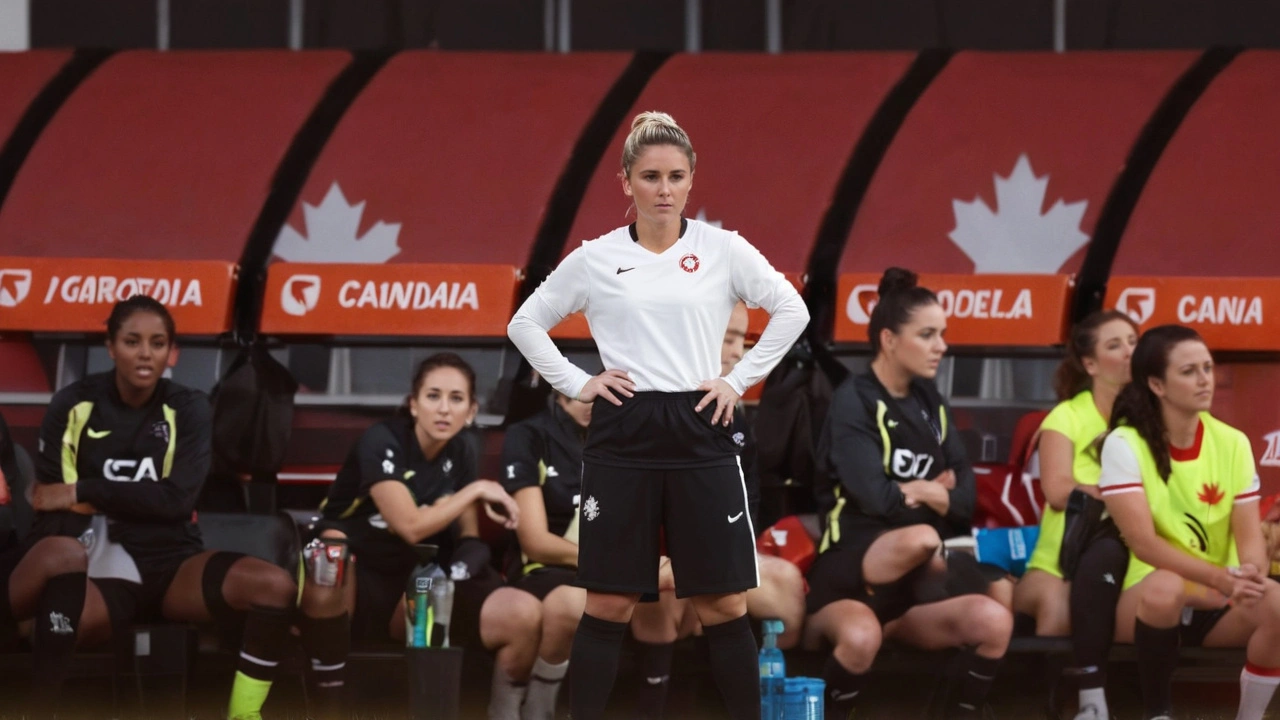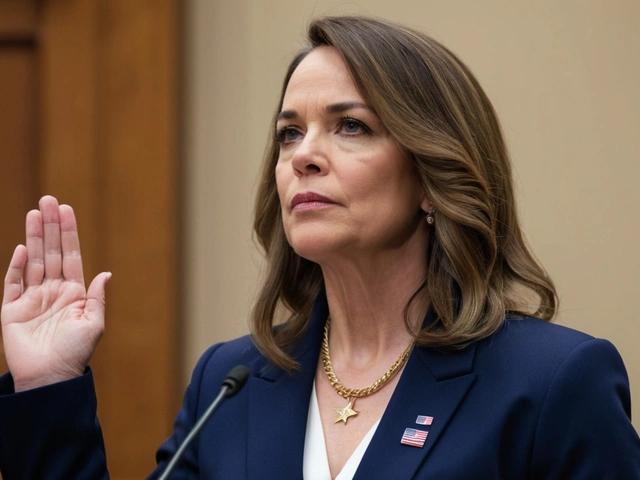Drone Controversy in Urban Agriculture: The Real Talk
If you’ve walked through a city farm lately, you might have seen a buzzing machine overhead. Those are agricultural drones, and they’re stirring up a lot of conversation. Some people love the speed and data they bring, while others worry about safety, privacy and the rules that should control them. Let’s break down what’s going on, why it matters to you, and how the debate is shaping the future of urban farming in Africa.
Why Drones Are Growing in Urban Farms
Urban farms are tight on space, water and time. Drones can fly over rooftops, scan plant health with infrared cameras, and spray tiny amounts of fertilizer exactly where it’s needed. That means higher yields on a smaller plot and less waste. In places like Nairobi or Lagos, where land is pricey, a drone can turn a modest garden into a productive micro‑farm. Farmers also use them to map out soil conditions, spot pests early, and keep a record of what works every season.
The Main Concerns and How to Address Them
Even though drones sound like a futuristic tool, they raise real issues. First, there’s safety. A malfunctioning drone could crash into people or property. Second, privacy worries pop up when a device records video over dense neighborhoods. Third, many African cities lack clear laws about where and how drones can be flown, leading to confusion for both hobbyists and commercial operators.
To manage safety, many countries are requiring operators to register their drones and pass a short training course. In South Africa, for example, the Civil Aviation Authority mandates a certification for any drone over 250 grams. This step helps ensure pilots know how to avoid crowds and respect no‑fly zones.
Privacy concerns are usually tackled with clear flight paths and data‑handling rules. Farmers can set their drones to collect only the data they need—like plant moisture levels—without filming neighbours’ windows. Some platforms now encrypt the footage, so only the farm owner can see it.
Regulation is the toughest piece of the puzzle. Cities across Africa are starting to draft drone policies that balance innovation with public interest. These drafts often include limits on altitude, required permits for commercial use, and designated zones where drones are prohibited. Staying updated on local regulations can save a farm from costly fines and keep the community supportive.
Another worry is the noise and visual impact of drones buzzing over residential blocks. Farmers can mitigate this by choosing quieter models and scheduling flights early in the morning or late afternoon when people are less likely to be disturbed. Community outreach—like a short meetup explaining the benefits—can turn skeptics into allies.
Despite the concerns, the upside is strong. Studies in Kenya have shown that drone‑guided irrigation can cut water use by up to 30 %, a huge win for water‑scarce cities. In Ghana, drone surveys helped pinpoint nutrient‑deficient spots in a rooftop farm, boosting tomato yields by 20 % in a single season.
Bottom line: drones are not a magic fix, but they are a powerful tool when used responsibly. By learning the rules, investing in proper training, and keeping the community in the loop, urban farmers can reap the rewards without sparking backlash.
So, if you’re thinking about adding a drone to your city garden, ask yourself: Do I have the right training? Am I respecting my neighbors’ privacy? And am I following the local guidelines? Answer those, and you’ll be part of the solution, not the controversy.






